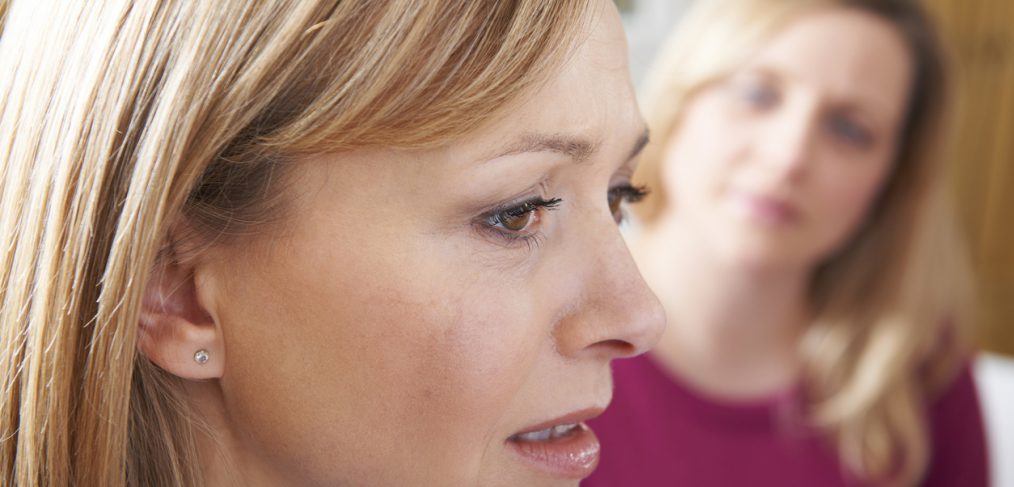
Criticism
The trouble with most of us is that we’d rather be ruined by praise than saved by criticism.
~Norman Vincent Peale
It’s never pleasant to be criticized—even if the person criticizing you has the best of intentions. But being open to criticism, even if you disagree with it, can potentially improve your path in life.
The path of self-improvement should be continuous. Part of this journey is a healthy and honest self-assessment, but we should also be open to the opinions of others. This doesn’t mean that you have to accept, agree with, or incorporate others’ criticism, but it never hurts to consider it. Sometimes someone else’s opinion is not meant with the best of intentions, and although we should be aware of their motives, that doesn’t mean that what they’re saying is wrong. Consider the motives of those criticizing you, but even if they’re hurtful or harmful, don’t let that get in the way if their criticisms are valid.
Why is hearing criticism so hard? It’s hard because when someone suggests an alternative to something we’ve said, done, or planned, it’s inherently contradictory to the path that we originally chose. Think about it. As we go through our lives, we are constantly making judgements. We decide what points of view are valid—what voices to listen to. We choose our actions based on those points of view and our own opinions. We decide how to live. When we hear criticism, we are hearing that our judgements were somehow faulty—that we’ve made the wrong decision or taken the wrong action. This can make us doubt our judgement.
But criticism doesn’t have to suggest faulty judgement. It may be that we didn’t have enough information and that the criticism we’re hearing is providing new or different information. It may be that we made a hasty judgement and the criticism is pointing out a path we might have taken if we’d spent more time thinking about it.
Being criticized can impact our confidence and self-esteem. When we hear criticism, it can make us feel that we are unable to make the right choices or do things as they should be done. It can make us feel like we need help. When we feel like this, it’s necessary to honestly assess the nature of the criticism we’re hearing. Are the criticisms accurate and helpful alternatives to the path we would have taken? If so, why weren’t we able to think of them? It might be inexperience or a lack of expertise or knowledge. If so, this can motivate us to learn more and keep plugging away, but there will always be situations where others know more than us. Rather than allowing criticism to make us feel bad about ourselves, we should take advantage of those people in our lives who can offer additional insight and be comfortable with those circumstances. Of course, this is easier said than done, but with a little perspective and time, we can teach ourselves to consider criticism without it making us feel defensive or bad about ourselves.
Hearing the criticism of others can be hard, but interpreting and incorporating self-criticism can get us into very murky waters. We first have to understand how hard we are on ourselves generally. If we’re extremely self-critical and let that attitude get to us, it can be very hard to maintain a positive self-image.
In my past, I was way harder on myself than I was on others. I am generally encouraging toward other people, and my criticism is constructive (I think/hope), but I tended to be much more exacting and demanding of myself. If I messed up, not only did I “point out” my mistakes to my psyche, but there was also a tide of negative self-talk to go with it. I eventually recognized what I was doing and how destructive it was to myself and my confidence. Now, I try to recognize that negative self-talk when it’s happening and replace it with something constructive and encouraging.
We should never shy away from self-criticism, but we should make sure it is constructive and helpful.
We should think of criticism as an evaluation of our path. All of us have something to learn—even the smartest and most experienced among us. If we learn something about ourselves or our path that goes against our preconceived notions and consider it with an open mind and an open heart, it can only help us in the long run.



